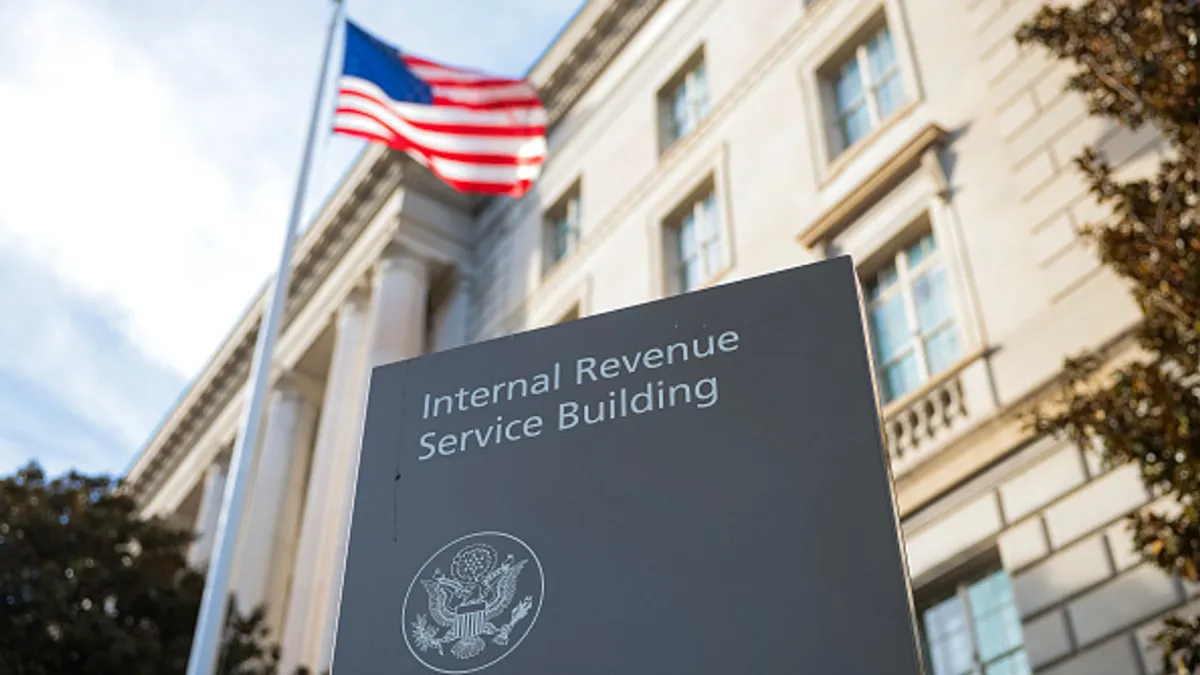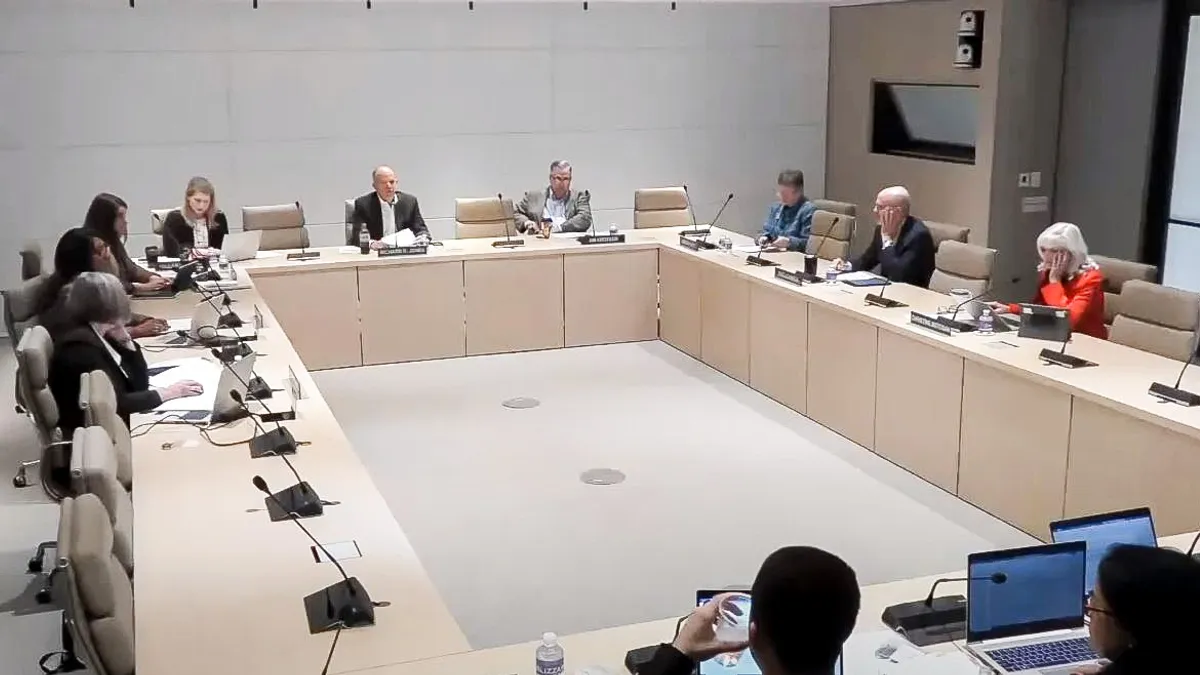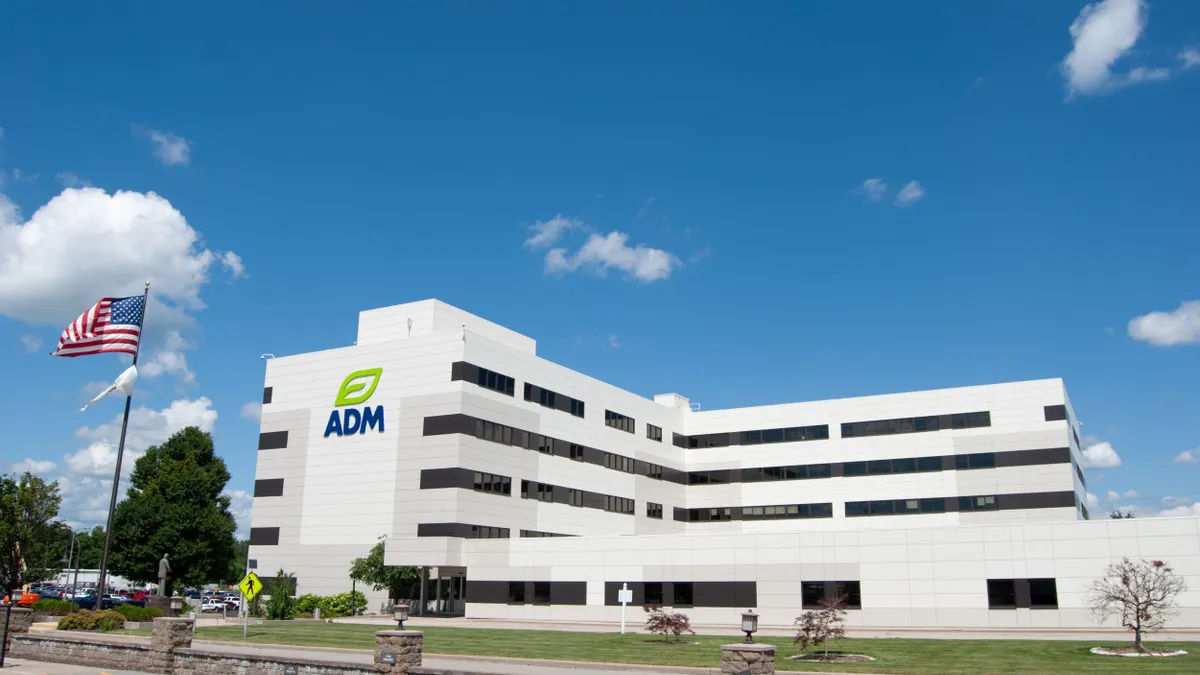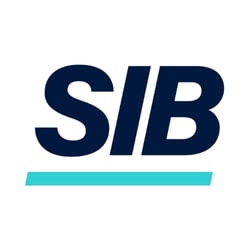SEON CFO Angela Pierce is keeping a close watch on how volatility in the global economy could potentially impact the fraud prevention software provider’s business.
While tariffs may not have a direct impact on the Austin, Texas-based company — which provides fraud prevention and anti-money laundering compliance solutions to businesses — currency and foreign exchange risk remain top of mind, and is “a common topic at my CFO round tables,” Pierce said in an interview. The company announced Pierce’s appointment as CFO in a July 23 press release.
Like many other global entities, SEON is seeing the wobbling of the U.S. dollar affect their financials. The dollar had its worst start to the year since 1973, weakening by more than 10% over the past six months compared with currencies from major trading partners, The New York Times reported in June. FX uncertainty is influencing decisions such as hiring and vendor contracts; certain vendors, for example, may ask to be paid in one currency over another, and “it makes a difference on where we hire people,” Pierce said.
Revenue commitment
Pierce is keeping a close watch on such risk as SEON seeks to further expand its global footprint, with the software company citing her experience in driving scale at high-growth companies as “instrumental” to its next phase of growth, according to the press release announcing her appointment.
Prior to her appointment at SEON, Pierce most recently served as finance chief for children’s book club provider Literati, according to the press release. Her previous roles also include a four-year tenure as CFO for software development platform Anaconda, where she helped to secure over $250 million in capital, according to the release.
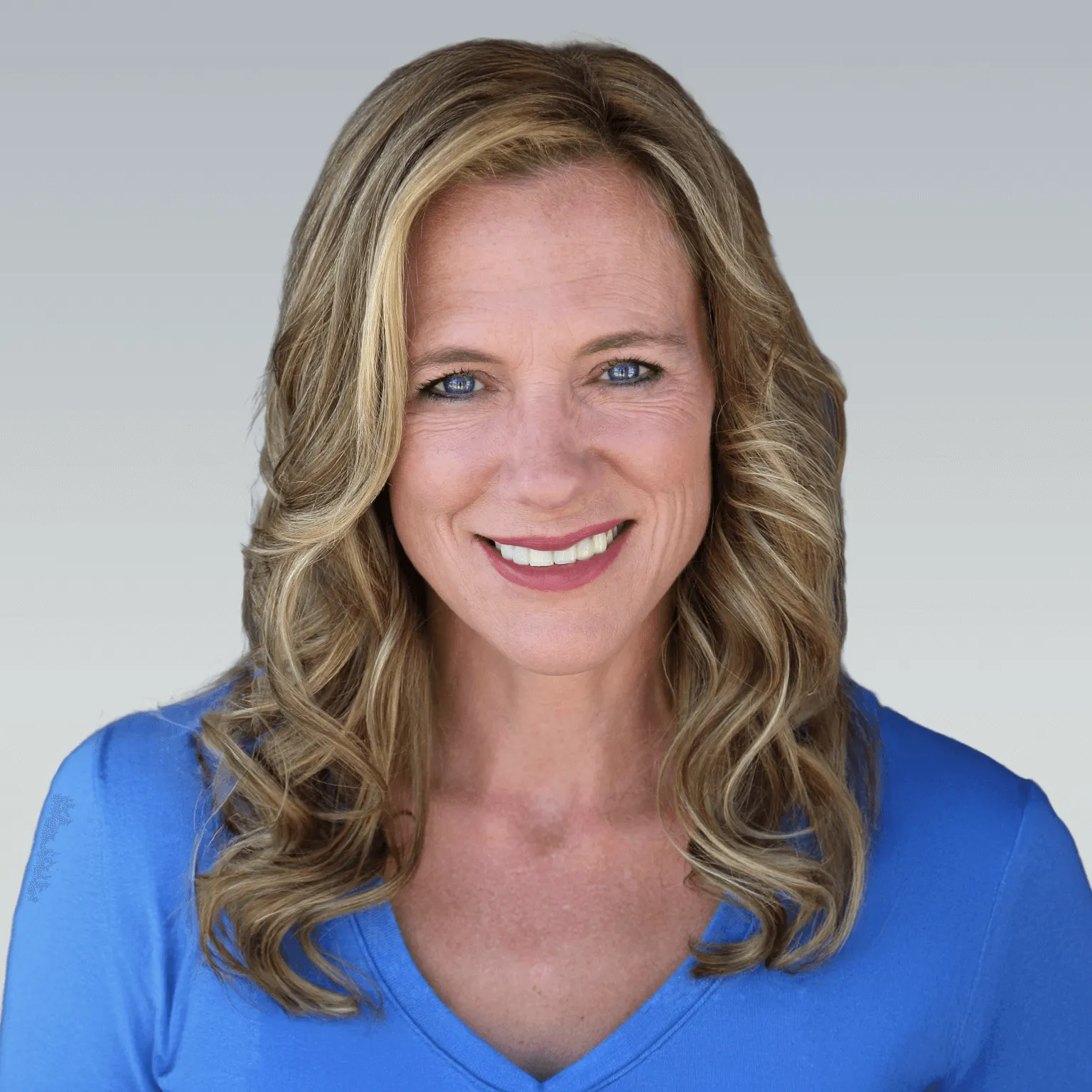
As the business charts a path to expansion in a volatile macroeconomic environment, Pierce is taking a measured approach to ensuring SEON is well-supported to meet its goals. Like most CFOs, Pierce is very “metrics-driven” when it comes to weighing where and in which projects or initiatives to invest, she said.
For example, SEON is looking to expand to new markets where the fraud prevention provider has customers, but not a strong presence, and “we're having to make real-time decisions about that, and it's very much an ROI trade off,” she said, one which, for Pierce, begins with revenue: “if there's no revenue commitment. I don't want to talk about it,” she said.
Though it’s still early days at SEON, Pierce also takes a similar approach when examining cash and capital needs.
“I always have at least 12 to 18 months of cash on the balance sheet. If I don't, I start putting the hammer down,” she said, speaking of her strategy generally. In terms of capital, it’s crucial for CFOs to have a transparent understanding of where the business wants to go, especially as it charts a path to profitability, Pierce said.
“In my mind, there's always sort of this litmus point where it's like, hey, we have a goal to get to a certain valuation and a certain break-even in three years, and if I back up from there, what kind of capital can the business support?” Pierce said. “Then you're allowed to say, Okay, well, if that's the capital we can support over the next kind of 36 months, then can we make big bets, or can we not?”
SEON raised $94 million in a Series B funding round, led by IVP in 2022, according to a press release at the time. The round, which followed a $12 million Series A, gave the company a valuation of $500 million, CNBC reported at the time, citing people familiar with the matter.
The lure of a fragmented market
While Pierce is carefully looking to balance the company’s future goals against current macroeconomic pressures, she’s optimistic about SEON’s potential for growth. She was drawn to the CFO role at the company in part because of the evolving market where the company sits; if there’s “a lot of little ankle biters in a highly fragmented market, I think that's always really attractive,” she said of what helped to entice her to SEON’s top financial seat.
A fragmented market serves as a “leading indicator” of high investor interest and that there is a good amount of capital flowing to the space, opening up opportunities for a “company that’s a little stronger to come in and start aligning the market,” Pierce said.
“There's a lot of really unique, evolving problems to be solved, because you're not fragmented unless there's a lot of young companies or point solutions solving unique problems,” she said.
In order to establish a lasting place in such a field, however, companies need to find the right “inflection point,” which means they also have to be sure they are expanding their own internal capabilities and tools.
As SEON continues to grow, “the operational and financial infrastructure has a lot of opportunities to grow” as well, Pierce said. “We're probably two or three years behind where I'd like us to be on kind of operational muscle and so I think that's a big opportunity for us.”









